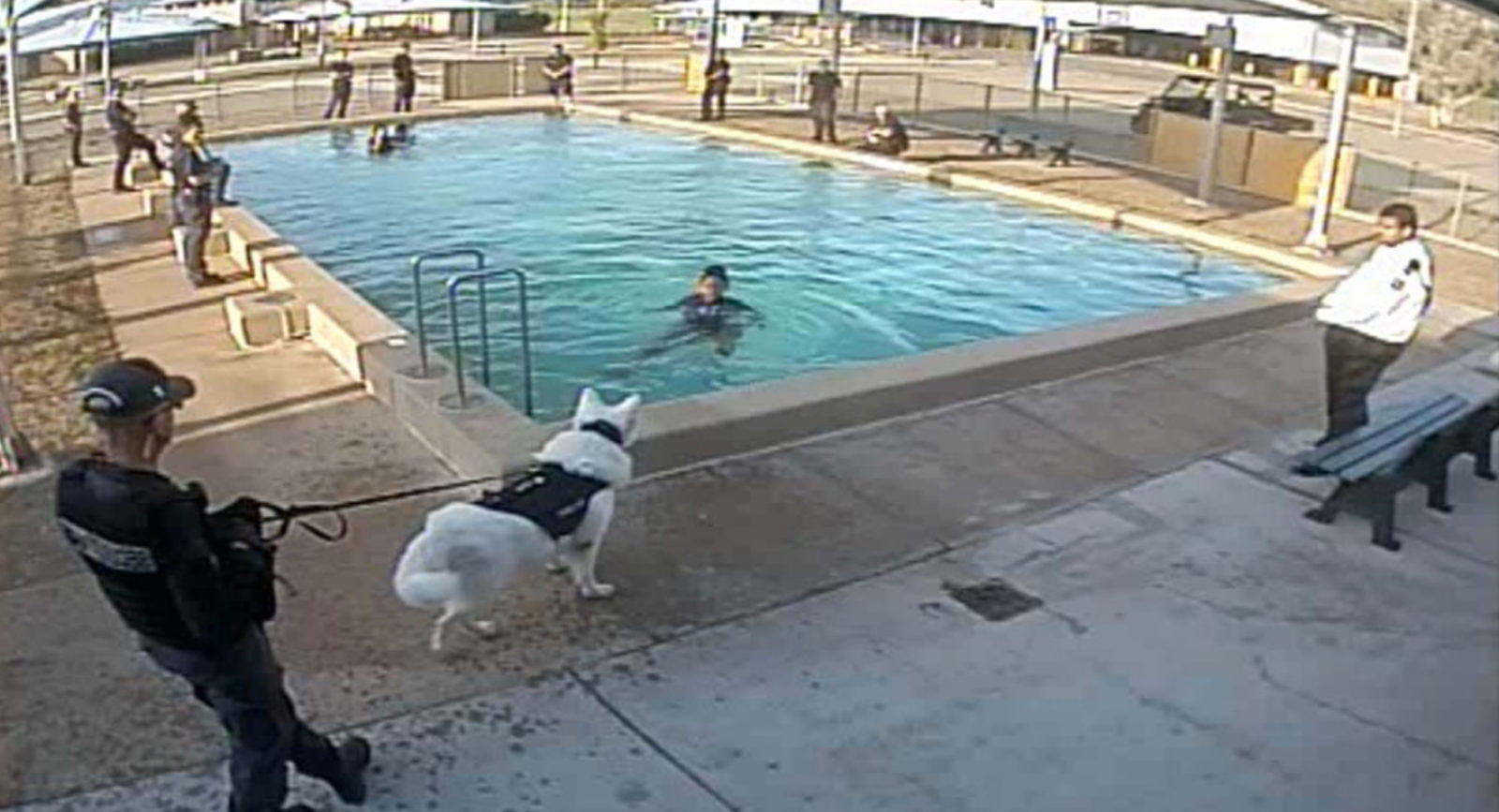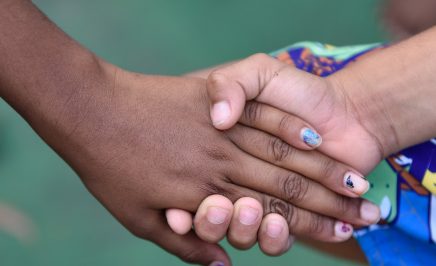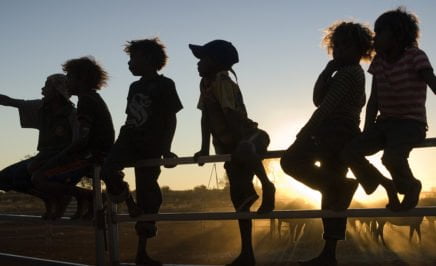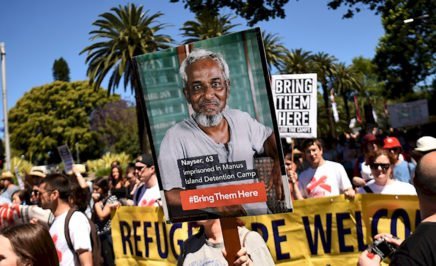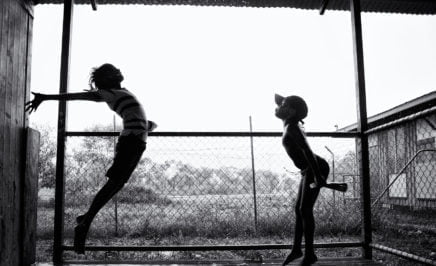Australia urgently needs an independent investigator for all places of detention, after over 1,000 pages of documents detailing abuse and mistreatment against children in detention in Queensland have been uncovered by Amnesty International today.
Abuse and secrecy
“We’ve shone a light into the dark corners of these detention centres, and found a culture of abuse and secrecy going back many years,” said Roxanne Moore, Indigenous Rights Campaigner at Amnesty International Australia.
“It shouldn’t take the probing of an international human rights organisation for the public to hear about terrible abuses suffered by children in detention.”
“It shouldn’t take the probing of an international human rights organisation for the public to hear about terrible abuses suffered by children in detention.”
Roxanne Moore, Amnesty International
“This culture of secrecy has existed for many years, through successive governments. The problem is systemic and goes beyond politics. Queensland kids need bipartisan support to create a more humane and preventative justice system, focused on rehabilitating vulnerable children, rather than further traumatising them,” said Roxanne Moore.
Brutal response
The documents include incidents at Townsville’s Cleveland Youth Detention Centre (CYDC) and Brisbane Youth Detention Centre (BYDC) from 2010 to 2015. On an average day in 2015, 89 per cent of children in CYDC were Aboriginal and Torres Strait Islander.
“This culture of secrecy has existed for many years, through successive governments. The problem is systemic and goes beyond politics.”
Roxanne Moore, Amnesty International
One incident at CYDC in January 2013 involved a 17-year-old boy identified as being at a high suicide risk. When he refused to return to his room and sat on a bench with his arms folded, 14 staff responded to the situation. Several staff members held him down on the floor, putting him in handcuffs and legcuffs. They then took the child to a tiny isolation cell where they cut his clothing and underpants off with a knife. The boy was left naked in the cell for over an hour, before being given a gown to wear.
Despite the brutal nature of this event, it was not reported as an ‘incident of concern’. An internal review was not held immediately afterwards because the child himself did not make a complaint. The inspectorate later recommended an internal review, but the documents do not say if it was carried out.
“This case demonstrates both the failure of care for vulnerable children, and the lack of accountability in the detention system,”
Roxanne Moore, Amnesty International
“It should not be left to a traumatised, suicidal boy to report the abuse carried out against him, in order for people to be held responsible for serious violations against a child in their care.”
Other incidents outlined in the documents include:
- Use of dogs. In 2014, a child on a roof threatened to self-harm or suicide by hanging. A security guard and his dog were deployed to the scene, which was found to increase the young person’s anxiety. In August 2015, a guard allowed an un-muzzled dog to approach an Indigenous girl in an “aggressive manner” while she was attempting to get out of a pool. Amnesty International has documented the use of dogs to instil fear into prisoners as a torture method used around the world.
- Solitary confinement. In March 2012 eight Indigenous children were held in isolation for 10 days in “near-continuous cell confinement” (approximately 22 hours a day). For the first two days of isolation, they were not allowed to leave their rooms at all.
- Frequent attempts at self harm or suicide, particularly at CYDC. According to the documents, last year saw 31 incidents of children in CYDC attempting suicide by “tying ligatures around their necks”. This number rose from 20 instances at CYDC in 2014.
- Excessive use of force. For example, in 2010 at CYDC there were four incidents when children suffered fractured wrists as a result of control and restraint techniques.
- Partially clothed searches, during which children were asked to squat, with young girls asked to lift their breasts and young boys to lift their genitals prior to squatting – despite practices of squatting and lifting being prohibited in adult prisons.
Amnesty International is calling for an independent body to be appointed, entirely separate from the Queensland Government, to investigate all allegations of abuse in detention and make public the findings.
Any staff suspected of being involved in abuse should be suspended until investigations are completed.
Any staff suspected of being involved in abuse should be suspended until investigations are completed.
The Federal Government must ensure independent oversight mechanisms are established in every State and Territory, by immediately ratifying the Optional Protocol to the Convention Against Torture.
“No more secrecy, no more sweeping it under the carpet. We’ve seen abuses happening in Northern Territory detention, now we’ve seen them in Queensland – we know it’s happening everywhere. It’s time to turn the spotlight into places of detention across Australia, so these abuses never happen again,” said Roxanne Moore.
